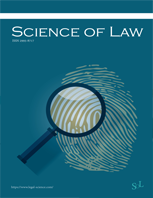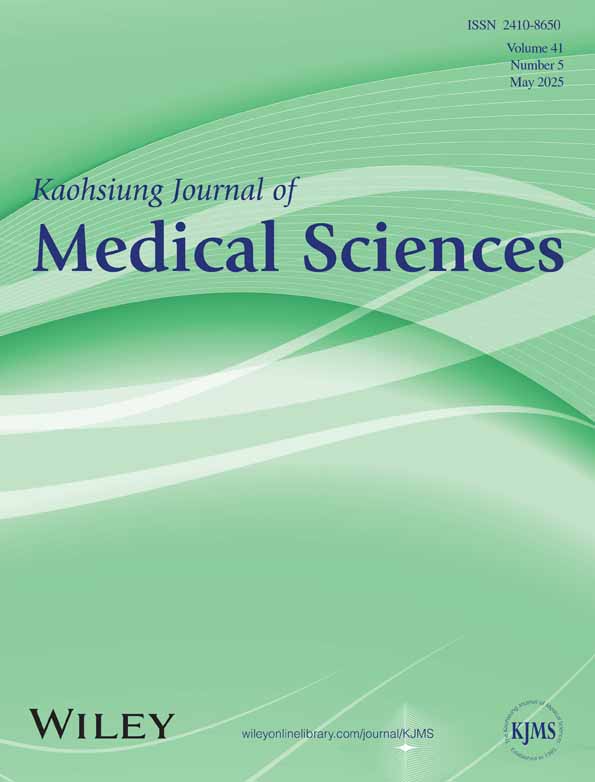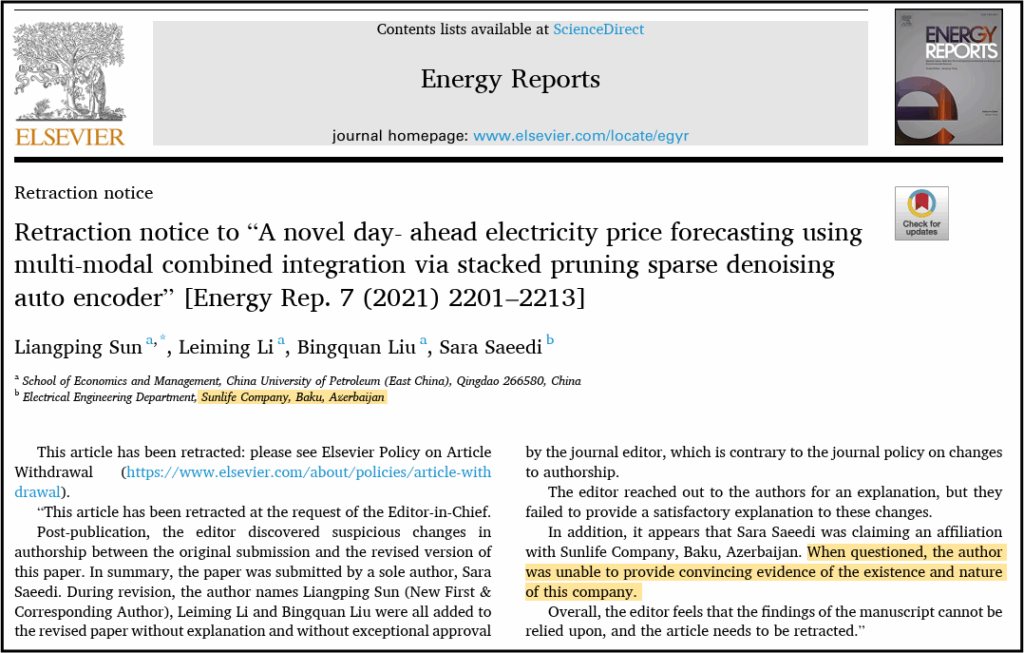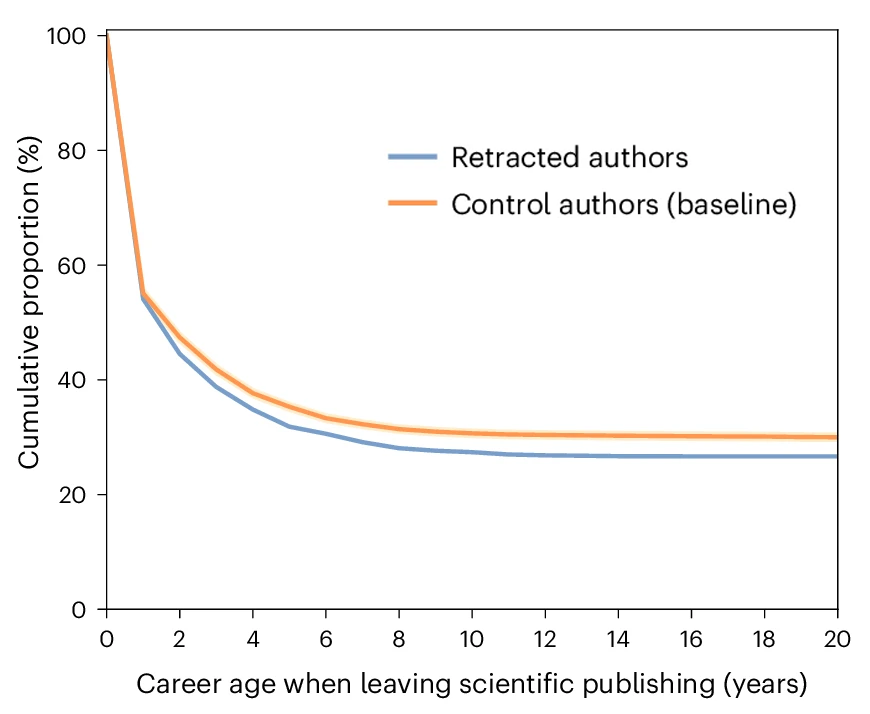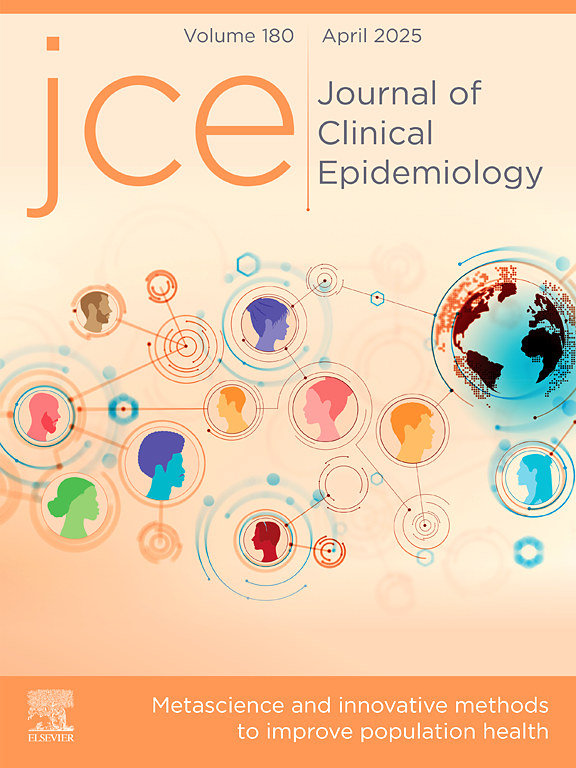
Dear RW readers, can you spare $25?
The week at Retraction Watch featured:
- How do retractions impact researchers’ career paths and collaborations? A Q&A with the study’s authors
- Clarivate to stop counting citations to retracted articles in journals’ impact factors
- Dozens of Elsevier papers retracted over fake companies and suspicious authorship changes
- Paper with duplicated images retracted four months after concerns were raised
- Scopus indexed a journal with a fake editorial board and a sham archive. When we asked them about it, they removed it
Our list of retracted or withdrawn COVID-19 papers is up past 500. There are more than 59,000 retractions in The Retraction Watch Database — which is now part of Crossref. The Retraction Watch Hijacked Journal Checker now contains more than 300 titles. And have you seen our leaderboard of authors with the most retractions lately — or our list of top 10 most highly cited retracted papers? What about The Retraction Watch Mass Resignations List — or our list of nearly 100 papers with evidence they were written by ChatGPT?
Here’s what was happening elsewhere (some of these items may be paywalled, metered access, or require free registration to read):
Continue reading Weekend reads: MIT rescinds support of AI paper; should AI write science papers, anyway?; another pub steps in for paused NIH journal